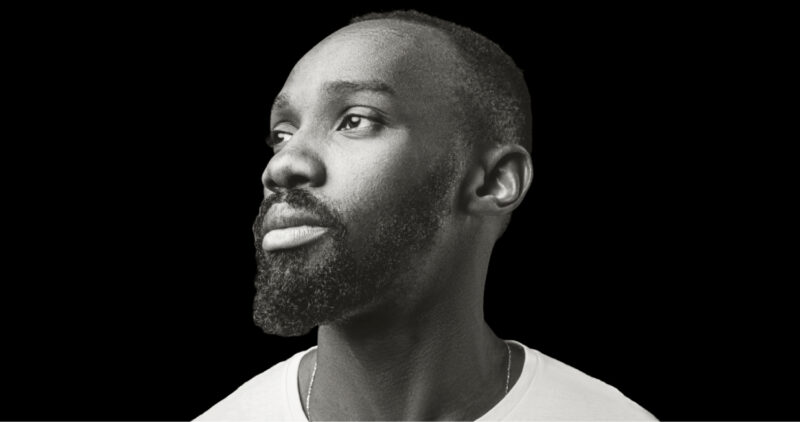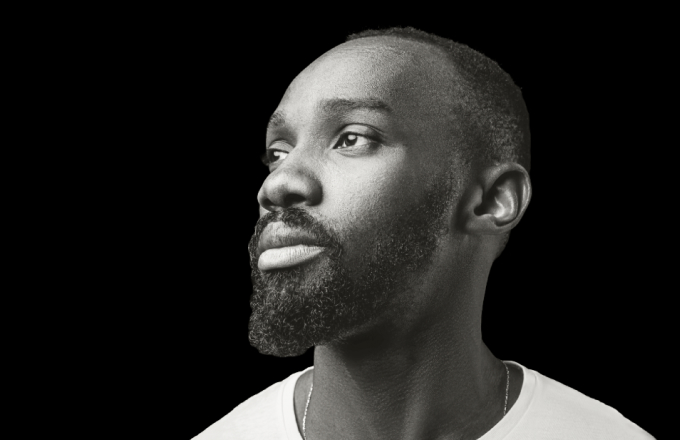
HIV/AIDS in Focus: Progress, Challenges, and Community Care

Every December, National HIV/AIDS Awareness Month provides an opportunity to reflect on the progress made in fighting the HIV/AIDS epidemic and renew efforts to address ongoing challenges. For community health centers, particularly in areas like the San Francisco Bay Area and Marin City, this month is a time to focus on outreach, education, and expanding access to essential testing and treatment services.
The State of HIV/AIDS in the United States
The United States has made significant strides in combating HIV/AIDS, yet the epidemic remains a public health challenge. According to the Centers for Disease Control and Prevention (CDC), approximately 1.2 million people in the U.S. are living with HIV. Despite progress in treatment, about 13% of those individuals remain unaware of their status, highlighting the importance of testing.
Demographics Most Affected
HIV continues to disproportionately impact certain populations:
Black and Hispanic/Latino Communities: These groups account for the majority of new diagnoses, with Black individuals making up 40% and Hispanic/Latino individuals 29%, despite representing smaller portions of the overall U.S. population.
Men Who Have Sex with Men (MSM): This group remains the most affected, accounting for approximately two-thirds of new diagnoses.
Transgender Women: Especially women of color, are at significantly higher risk.
Youth (ages 13-24): Young people represent a significant portion of new cases, many of whom are unaware of their status.
HIV/AIDS in the San Francisco Bay Area and Marin City
The San Francisco Bay Area has long been at the forefront of HIV/AIDS advocacy and innovation. From the early days of the epidemic to today’s advances in treatment and prevention, the region has been a model for comprehensive care. However, disparities persist.
In Marin City, a predominantly African American community, the challenges of addressing HIV/AIDS are compounded by systemic inequities. Access to healthcare, stigma, and socioeconomic factors play a significant role in health outcomes. Community health centers, like Marin City Health and Wellness Center, are working diligently to bridge these gaps by offering free and low-cost services, conducting outreach, and ensuring that all residents have access to life-saving care.
The Role of Community Health Centers
Community health centers are essential in the fight against HIV/AIDS, particularly in underserved areas. Their efforts include:
- Testing and Diagnosis: Providing free and confidential HIV testing to encourage early diagnosis. Offering walk-in clinics and mobile testing units to reach communities with limited healthcare access.
- Treatment: Ensuring timely access to antiretroviral therapy (ART), which allows people living with HIV to lead long and healthy lives. Educating patients about achieving an undetectable viral load, which means the virus cannot be transmitted sexually (U=U: Undetectable = Untransmittable).
- Prevention with PrEP: Expanding access to pre-exposure prophylaxis (PrEP), a daily pill that significantly reduces the risk of contracting HIV. Offering education about PrEP, especially to populations at higher risk, such as MSM and Black and Latino/Hispanic individuals.
- Support Services: Connecting patients with counseling, housing assistance, and other support programs. Offering culturally competent care that acknowledges and addresses the unique needs of diverse populations.
Stigma: A Lingering Challenge
Despite advancements in treatment and prevention, stigma around HIV/AIDS persists. This stigma can prevent people from seeking testing, accessing treatment, or disclosing their status. Among the misconceptions:
HIV as “No Longer a Problem”: Many believe that HIV is no longer a significant issue due to advancements in treatment. However, new infections still occur, and many communities remain disproportionately affected.
Fear of Judgment: For individuals in smaller or tight-knit communities, such as Marin City, concerns about privacy and judgment can deter them from seeking care.
Misinformation: Myths about transmission and outdated beliefs about what it means to live with HIV contribute to ongoing stigma.
Community health centers play a critical role in combating this stigma through education campaigns, open dialogue, and inclusive care. By normalizing conversations around HIV, they help reduce fear and encourage proactive health behaviors.
Challenges and Opportunities
Challenges
Healthcare Access: For marginalized communities, barriers such as cost, transportation, and lack of insurance limit access to testing and treatment.
Awareness and Education: While awareness has increased, gaps remain, particularly among younger generations who may not perceive HIV as a personal risk.
Health Disparities: Systemic inequities mean that some groups, especially African American and Latino communities, face higher risks and worse outcomes.
Opportunities
Community Engagement: Partnering with local organizations, schools, and churches to expand outreach and build trust.
Telehealth: Expanding telemedicine options for follow-up care and medication management.
Innovations in Prevention: Increasing awareness and access to PrEP, as well as emerging long-acting injectable options for prevention and treatment.
Call to Action
National HIV/AIDS Awareness Month is a reminder that the fight against HIV is far from over. Community health centers in the Bay Area and Marin City are on the frontlines, providing critical services and advocating for equitable access to care.
This month, let’s commit to:
- Getting Tested: Knowing your status is the first step to protecting your health. Call (415) 339-8813 to schedule a free, confidential appointment at Marin City Health and Wellness Center.
- Supporting Community Health Centers: Through donations, volunteering, or spreading awareness, you can help amplify their impact.
- Breaking the Stigma: Open conversations and education can reduce fear and encourage proactive health behaviors.
Together, we can sustain and accelerate progress, ensuring that everyone has the opportunity to live a healthy, fulfilling life.


